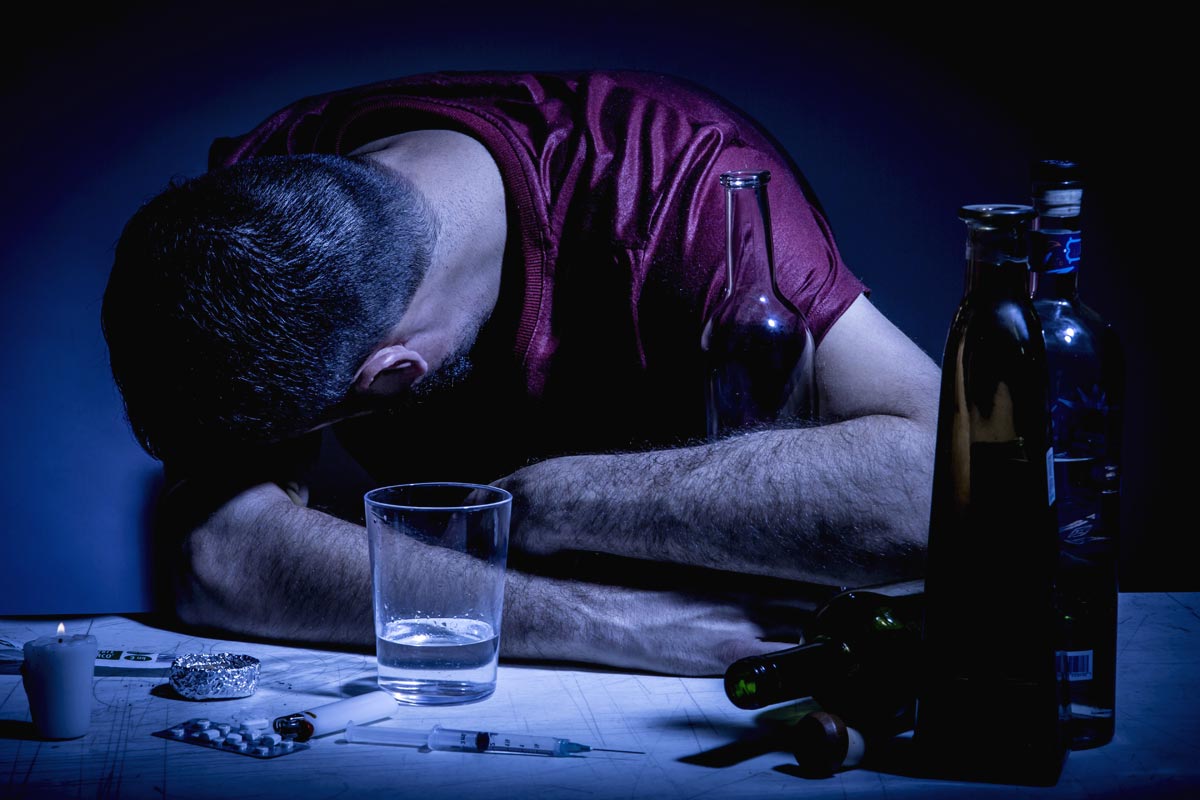It’s often said that most anything is possible in recovery, and individuals find that things are made possible through living by …
Recovery Support This Christmas
react to such feelings in unhealthy ways. The program teaches us to live one day at a time, staying present is vital to the goal …
Addiction Recovery in The Music Industry
how many friends you have, and what your financial standing is presently. Everyone has some level of propensity to get caught up …
Continue Reading about Addiction Recovery in The Music Industry
Alcohol Use Disorder Treatment, Not Jail
Hopefully, one’s DUI ends up being the catalyst that brings about change and lasting recovery; for that to occur, treatment is the …
Continue Reading about Alcohol Use Disorder Treatment, Not Jail










